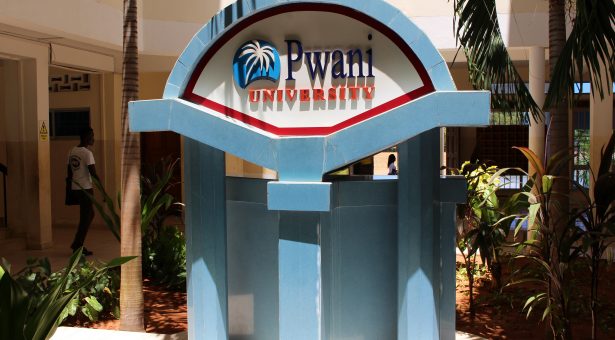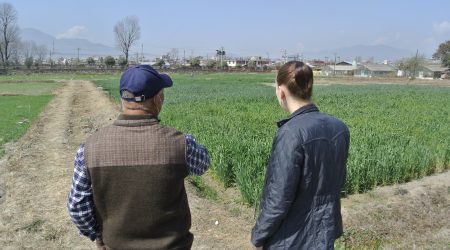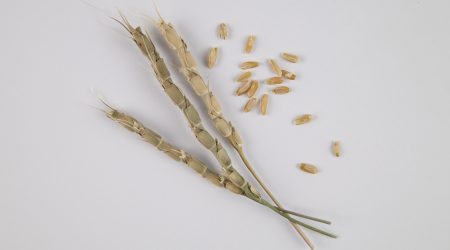Professional Internships for PhD students (PIPS) in Africa

Since 2017, we have supported UKRI-BBSRC Norwich Research Park Biosciences Doctoral Training Partnership (NRPDTP) Professional Internships for PhD students (PIPS) in Kenya, focussed on communications, capacity building and building research networks.
In that time, the John Innes Centre, in collaboration with BecA-ILRI Hub and Pwani University have organised and/or supported 12 PIPS placements in Kenya; eight John Innes Centre students, one joint JIC/UEA student and three UEA students.
These three-month placements, have each had a different focus based on the interest of the student and needs of the host organisation, including;
- Science communication
- Capacity building
- Building intercontinental research networks
The impact of these placements cannot be overstated, both on the host institution and the students themselves.
To the host institutions, these placements have had long reaching impacts including establishment of a research initiative on an economically important disease, improved quality of undergraduate outputs, and a raised profile of opportunities in Africa.
Importantly, the placements have also impacted on the way the PIPS students conduct their own research and their career choices.
“When the undergraduate students know a new PIPS student is coming, they are eager to get in touch. They see it as an opportunity to improve themselves by attending the training and through structured and social interactions”, confirms Professor Santie de Villiers from Pwani University.
Adding; “The quality of the [Fourth year] presentations were mind blowing compared to what they looked like two or three years ago. I ascribe that to very large extent to the training that the PIPS students provided.”
At least one of the PIPS projects has resulted in longer term research links. For example, James Canham, initiated a research collaboration with Kenya Plant Health Inspectorate (KEPHIS), Pwani University and the John Innes Centre to study phytoplasma diseases of coconut. As a result of James’s placement at Pwani University, the university have drafted an MOU with KEPHIS, trained KEPHIS staff and began sampling and sequencing activities.
As Florence Munguti from KEPHIS notes “Coconut is a key value chain in the coastal region of Kenya. Most of the farmers, or many people there depend on coconut for their livelihoods. If [coconut lethal yellowing disease] is not there then it is good news for us, but if we detect it we need to have mitigation measures put in place.”
Many of the PIPS have been proactive in showcasing their placements, through blogs, articles and student led organisations.
Danny Ward’s communications about his placement at BecA-ILRI Hub got picked up by Times Higher Education to write an article for them which has further raised the profile of opportunities of PIPS in Africa.
Several of the students recognise that their placements impacted the way they do science through acquiring organisational skills, communication skills, networking skills and exposure to the challenges of African students and researchers.
“Having seen Pwani University students dealing with much bigger issues with such an energy made me inspired to take the small problems I have with a better energy. I think that attitude helped me a lot. It improved my research outputs”, noted Annalisa Bellandi a PhD student at the John Innes Centre
Many of the PIPS students said that the placement opened their eyes to different career choices including science communication, project management, teaching, and research with an applied or international focus.
“It made me think a lot more about the impact of my science. It made me realise that I wanted to do something a bit more applied and therefore I applied to 2Blades” added 2Blades Postdoc Josie Maidment.
Image courtesy of Danny Ward.



